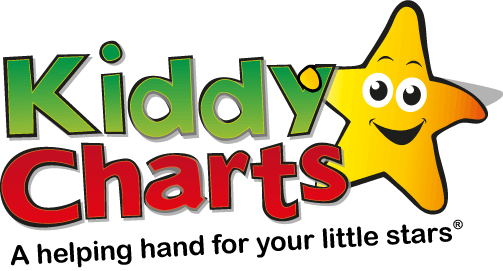Thrush is a really common infection that affects both adults and children, particularly babies, at varying points in their lives. If you have followed this blog for a while, you will realise how much difficulty I had when feeding my first child because of thrush. I didn’t even realise that thrush in babies was a thing until I got it myself when I was breastfeeding!
Normally thrush is thought of as an infection that purely affects more intimate areas, however it can occur in other places, including the mouth and other parts of the body. And boy, when it occurs in the breast, it is a whole different ball game! 😉
It helps to understand the symptoms, causes and treatments that are available for Thrush when you or your baby get it while feeding. If you do, there are ways that you can both alleviate the symptoms, and, hopefully, prevent the infection.

1. Symptoms of thrush in babies
You might notice that your baby has a white coating on their tongue or patches in their mouth. Sometimes this can simply be a milk residue that is easily removed or will go away over time.
You can try to get rid of this coating by gently wiping it with a clean cloth. If you find that doing this doesn’t help, then your child might be suffering with thrush.
Your child might not seem to be affected by the coating, however you might notice that your baby struggles to feed and also suffers from persistent nappy rash that can be another sign that thrush is present.
2. Causes
We’ve heard of Thrush – but do you really now what it actually is? Thrush is caused by a build-up of a fungus called Candida Albicans. This is a perfectly normal fungus that people have living in their body, however if it grows too rapidly it can cause discomfort and infection.
Babies, especially those born prematurely, are susceptible to oral thrush because they have less hardy and well developed immune systems.
Taking antibiotics can also upset the balance of bacteria in body, this can increase the amount of the fungus present in the mouth leading to the development of oral thrush. This applies to both babies and the parent. If you’re taking antibiotics the levels of bacteria in your body can be affected, this can increase the changes of you developing the infection which can then be potentially passed to your child when breastfeeding.
This can also make you prone to a thrush infection that may then be passed to your baby during breastfeeding.
3. Thrush and breastfeeding
You might not have known this, but it IS possible that if your baby has a thrush infection they can pass it onto you via breastfeeding. This can cause nipple thrush, this can lead to pain and discomfort while feeding your baby, sometimes continuing after. You might also notice discolouration and flaking on the nipple and surrounding area. From personal experience, this is extremely painful, so very important to spot the signs in the breast. It really helps to know it exists; I hadn’t heard of it when I breastfeed, so took a while to get it treated.
Treatment is actually quite simple, once you know what you are up against. Just applying an antifungal cream after every feed. It’s important to make sure any left-over cream is removed before you next attempt to breastfeed.

4. Treatments
Treating thrush can be relatively straightforward. Once you’ve noticed the symptoms or suspect that your baby has the infection you should talk to your GP or health visitor. They will then most likely prescribe an anti-fungal medicine.
You tend to administer these after your baby has fed, these treatments normally act as a coating on the mouth and should clear the infection up in a few days. It is often recommended that you continue treatment for up to two days after the infection appears to have cleared up. This can help stop the infection from coming back. This is a problem particularly with breastfeeding, as it is possible for baby or you to be infection clear, but be re-infected by the other!
5. Prevention
Sometimes an infection such as thrush is completely unavoidable, however there are steps you can take to try and prevent it from occurring and spreading.
The key is to sterilise the items your child puts in their mouth regularly. This can be anything from toys and teething rings to dummies, spoons and the teats from bottles.
Doing this can kill the bacteria and help prevent it spreading or building up again.

Thrush is common and not necessarily something to worry about. With the right treatment the infection should clear up quickly, but if you notice the symptoms have persisted or you have concerns you should speak to your GP or health visitor just to be on the safe side. Don’t suffer in silence. High levels of pain in the nipple while breastfeeding aren’t normal, so make sure you get it checked out.
Good luck in your feeding journey, and I hope this has helped. If you would like to keep getting tips, giveaways, and free printables from us, do sign up to our newsletter.
Helen

This is a sponsored post

Mike Marko
Monday 23rd of April 2018
Thanks for sharing, Now I'm aware of these ones.